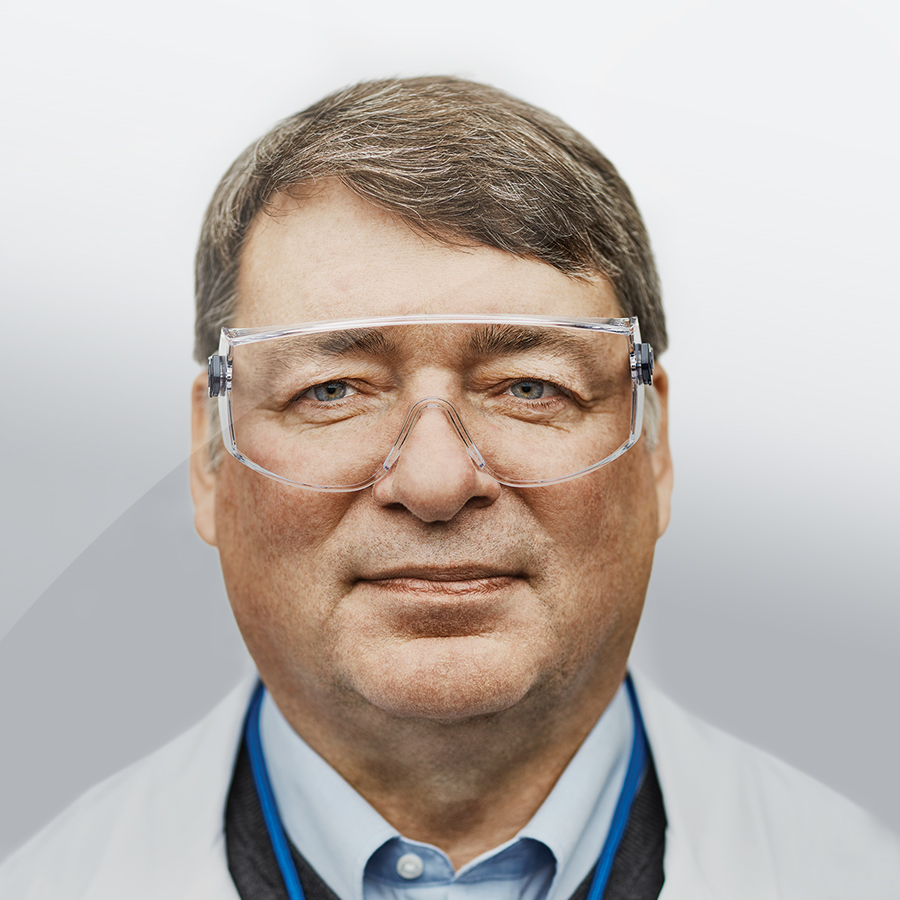The Latest Innovations
MS is a rare disease where the immune system eats away at the coating that protects the nerves. It affects roughly 200,000 people each year, most often between the ages of 20 and 50. Every day, though, researchers make progress. One decade ago, treatments were limited to a handful of injected and infused medicines that resulted in painful site reactions and challenging side effects for some patients. Flash forward to today and patients have greater and more convenient treatment options with fewer side effects. These include several oral treatment regimens to help reduce relapses, prevent disease progression and improve overall quality of life.
The most common disease course in MS is called relapsing-remitting MS — when acute exacerbations (relapses) are followed by remissions as the inflammatory process gradually comes to an end. Not all exacerbations require treatment. Mild sensory changes that don’t significantly impact a person’s activities, like numbness or pins-and-needles sensations, can generally be left alone. For severe exacerbations in which there’s a loss of vision, severe weakness or poor balance, there are therapies that help reduce the inflammation and bring the relapse to an end more quickly. Although MS has stumped researchers in the past, these medicines are proof that great progress is being made every day. And with even more MS medicines currently being developed, the future has never looked more promising.
Together, We Will Crush Multiple Sclerosis
MS is a relentless disease. But so are the hundreds of researchers who fight every day to end the war on this nasty disease. Their work today will help us change the face of medicine tomorrow. It’s just another testament to the hundreds of researchers like Ian. What they do every day leaves a small but enduring mark on patients everywhere.



